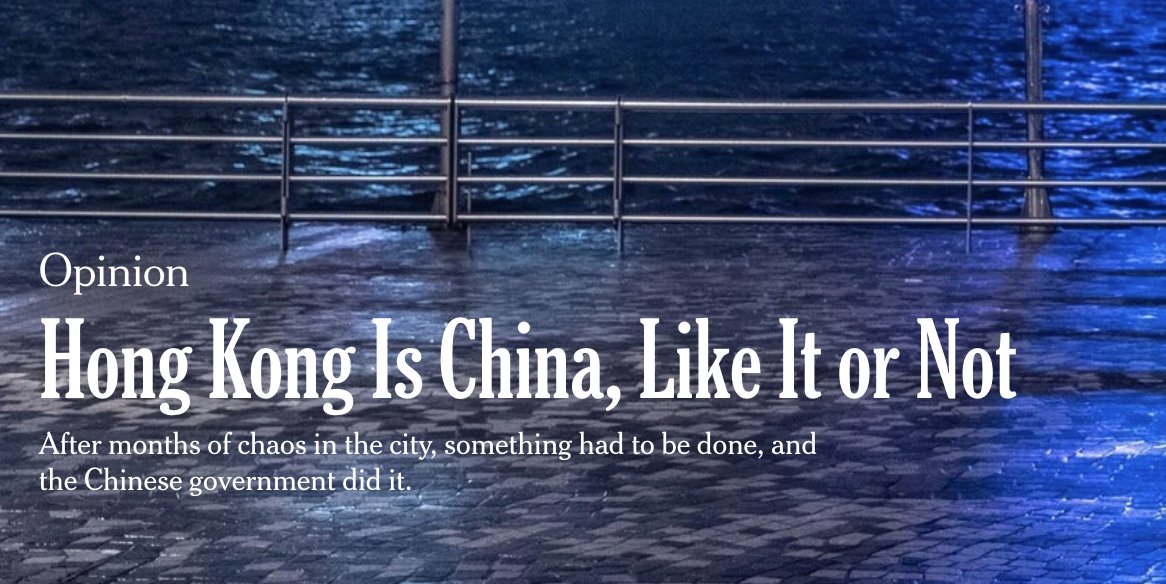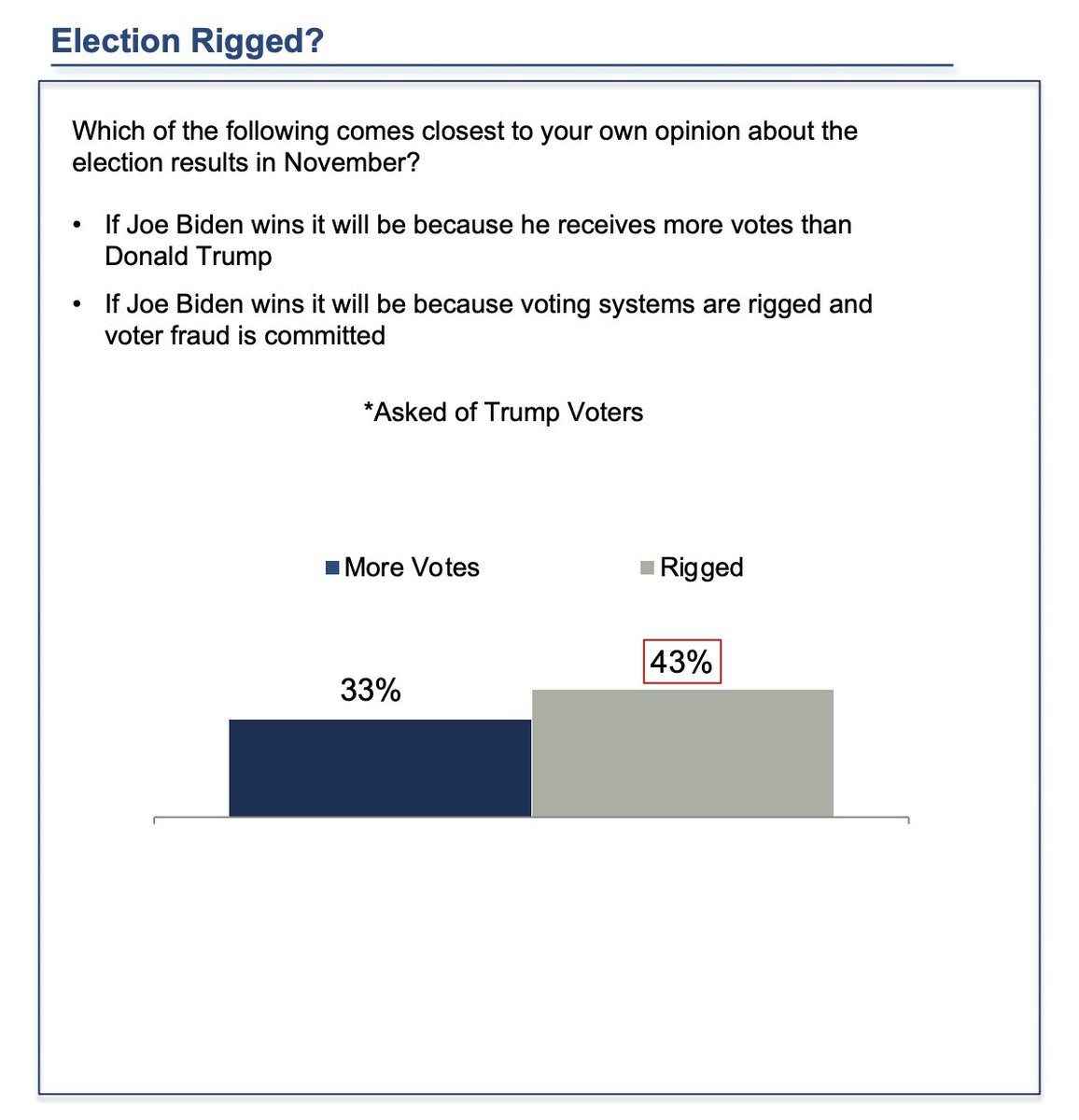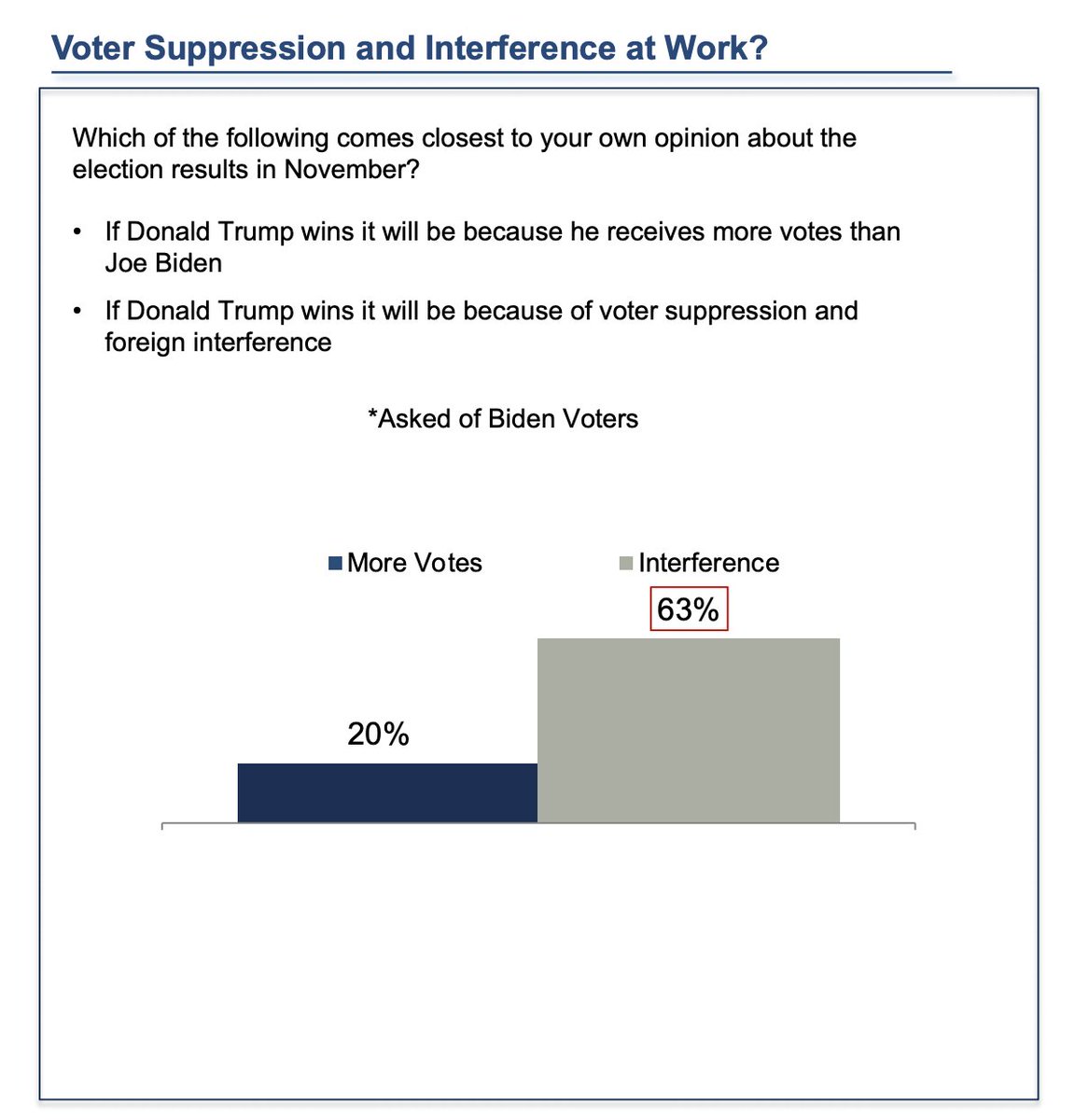
Illiberalism on the left is a real problem.
But voting for Donald Trump to stem the rising tide of illiberalism would be a huge moral and strategic mistake.
My latest @TheAtlantic.
[Thread.]
theatlantic.com/ideas/archive/…
But voting for Donald Trump to stem the rising tide of illiberalism would be a huge moral and strategic mistake.
My latest @TheAtlantic.
[Thread.]
theatlantic.com/ideas/archive/…
Yes, some Dems are too reluctant to oppose left-wing political violence and call out Antifa.
And yes, some on the left are too willing to support censorship in social media, advocate for employees to be fired for conservative views, and to cheer on attacks on free speech.
But..
And yes, some on the left are too willing to support censorship in social media, advocate for employees to be fired for conservative views, and to cheer on attacks on free speech.
But..
1)
Trump presents a serious danger to constitutional values.
His bark is much, much louder than his bite. But his actual actions in office have also been utterly unacceptable.
Any voter genuinely concerned about the rise of illiberal forces must wish to remove him from office.
Trump presents a serious danger to constitutional values.
His bark is much, much louder than his bite. But his actual actions in office have also been utterly unacceptable.
Any voter genuinely concerned about the rise of illiberal forces must wish to remove him from office.

2)
Parts of the left focus so tightly on America's flaws that they're blind to its strengths. And they believe the right poses such grave danger that even violent resistance is justifiable.
Trump does more than anyone else to lend apparent credibility to both these fallacies.
Parts of the left focus so tightly on America's flaws that they're blind to its strengths. And they believe the right poses such grave danger that even violent resistance is justifiable.
Trump does more than anyone else to lend apparent credibility to both these fallacies.
If Trump wins reelection, even more people will conclude that deep injustice not only shaped the America's past but still defines its essence.
If a clear majority of Americans turn on Trump, those of us who believe in America’s perfectibility can more easily win the argument.
If a clear majority of Americans turn on Trump, those of us who believe in America’s perfectibility can more easily win the argument.
Trump instils real fear in many Americans.
This does *not* justify Antifa's violence. But it does help explain why so many hesitate to criticize extremists pretending to fight for a noble cause.
A Biden victory would make it easier, not harder, to push back against extremists.
This does *not* justify Antifa's violence. But it does help explain why so many hesitate to criticize extremists pretending to fight for a noble cause.
A Biden victory would make it easier, not harder, to push back against extremists.
➜ There really are illiberal tendencies on the left. We all should do more to fight them.
But voting for Trump to stem the rising tide of illiberalism is about as pure an example of cutting off your nose to spite your face as political life can afford.
Vote Joe Biden.
[End]
But voting for Trump to stem the rising tide of illiberalism is about as pure an example of cutting off your nose to spite your face as political life can afford.
Vote Joe Biden.
[End]
Please share the article!
Please vote!
And please stand up for philosophically liberal values—not just once every four years, but every day.
theatlantic.com/ideas/archive/…
Please vote!
And please stand up for philosophically liberal values—not just once every four years, but every day.
theatlantic.com/ideas/archive/…
• • •
Missing some Tweet in this thread? You can try to
force a refresh






